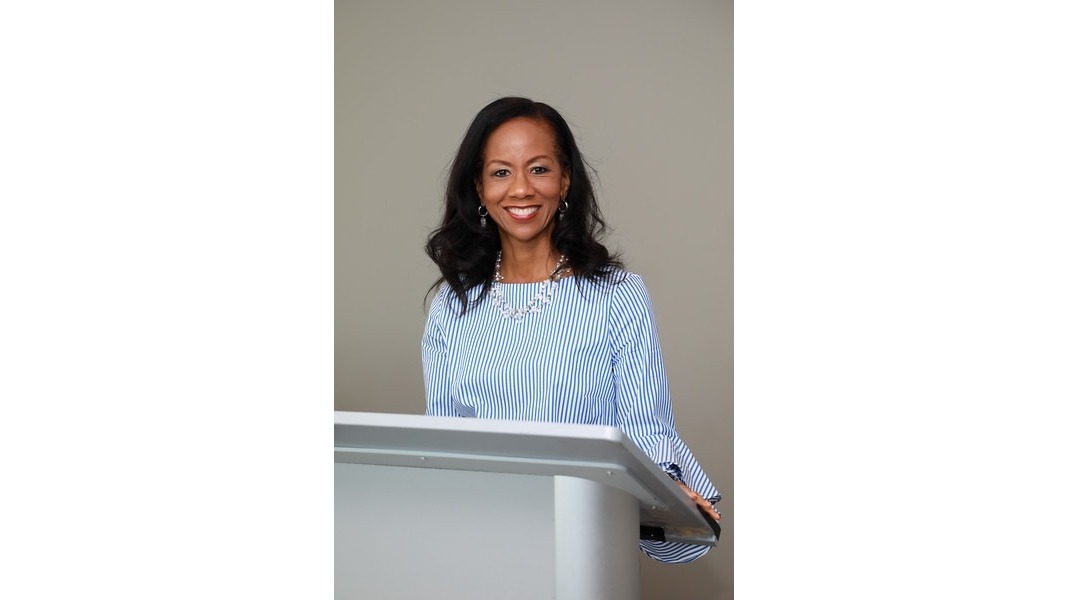Think back to the start of your professional journey. What if you knew your full capabilities, your potential, your value? What difference would that have made in your decisions? How would it have increased your confidence to pursue your goals?
A research study in the Harvard Business Review has shown that our confidence increases over the course of our career. It makes sense. Over time, we learn from our successes and failures. We discover how to get better results based on our personal style and capabilities. We figure out how to navigate tough situations. We gain clarity about our goals. In fact, the women surveyed rated themselves as 15 points less confident than men in their mid-20s, with both increasing to the same level of confidence by the time they reached their mid-40s.
The same study also showed that feedback from 360-degree reviews rated women better than men on key leadership qualities. And finally, women rated themselves as less effective leaders earlier in their careers, while men rated themselves more effective earlier in their careers. Over time women’s perception of their effectiveness increased and men’s decreased until they became aligned in their late-50s.
So Why the Gap?
Why do women underestimate their abilities as compared to men? Maybe it is the cultural influence of how women are taught to think about themselves. Maybe leaders give different feedback to men versus women. Maybe women are holding themselves to a higher standard earlier on as they navigate personal and professional responsibilities.
These challenges are particularly stark right now as school districts, health officials and families are trying to figure out how to get kids back in school in the next few weeks. Parents working “essential” jobs have been juggling different childcare options. Parents working from home have been juggling accomplishing their business responsibilities and keeping kids engaged in some type of learning or activity. Because culturally, more of the burden falls on women, some may feel compelled to step back from their work roles to be able to guide children through online learning and reduced hours in the classroom. For all the career gains women have made, they still comprise only 37 of the Fortune 500 CEOs. Thus, very capable women who we would otherwise see progressing to leadership roles may be temporarily sidelined.
I remember the point in my career when my self-confidence solidified and increased. I was in my late 30s. I had just completed an assignment in a difficult environment. I learned a lot but didn’t contribute as much as I wanted to. Thankfully, I was then promoted, but into another challenging assignment with a demanding leader. I was tempted to look at my colleagues, mostly men, and wonder which one of us was being unreasonable. As I got to know them, I finally realized that though they were very bright in their area of expertise, we were equally talented, with both strengths and flaws. I had to either take a stand and purposefully exude confidence, or I would be viewed as “weak” and would lose the respect of the team. Yes, I’ll admit I was acting at first, but soon the knowledge became embedded in my spirit, and I believed it. It’s a lesson I’ve leaned on to this day.
What Women Do Well
Based on feedback from their colleagues, there are several significant areas where women score higher than men and make a positive and critical impact in their organizations. Women demonstrate greater:
- Initiative – having a bias for action, taking responsibility to get things done and fulfill an observed need.
- Resilience – recovering quickly, pivoting, and bouncing back.
- Self-development – humility to increase self-awareness and seek learning to improve skill sets.
- Results orientation – having an achievement mindset to set priorities, develop and execute a plan.
- Honesty and Integrity – others trust them to keep confidences and tell the truth.
- Developing Others – identifying the potential in others and mentoring or coaching them to growth.
There are two important decisions here. The first is for business leaders to decide to create the right environment for women to develop their capabilities, receive supportive and constructive feedback, and challenging assignments. And especially as we move through the effects of the pandemic, provide flexible work options to retain good talent. This may include a reduced workweek, flexible hours, assignment change, or the ability to continue to work remotely.
The second is for women to decide to increase their self-confidence. Too often we get caught in a trap of focusing on what we don’t have, and/or what we’re not getting. Instead, let me challenge you to focus on abundance. Tap into your purpose, passion, strengths, and capabilities. Let these unique qualities developed over time serve as your guiding force. Support one another by connecting with others around you to build resources and networks that will support your goals and plans.
Recognizing your worth will build confidence to create a powerful future.






Add Comment